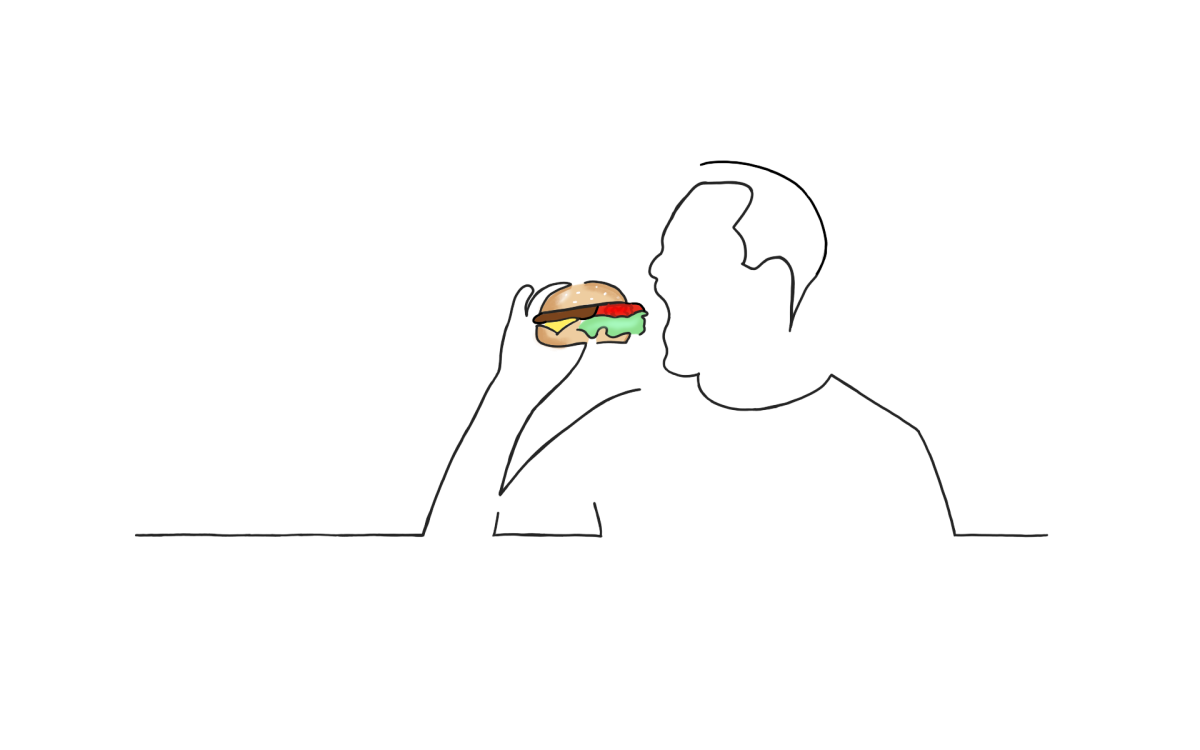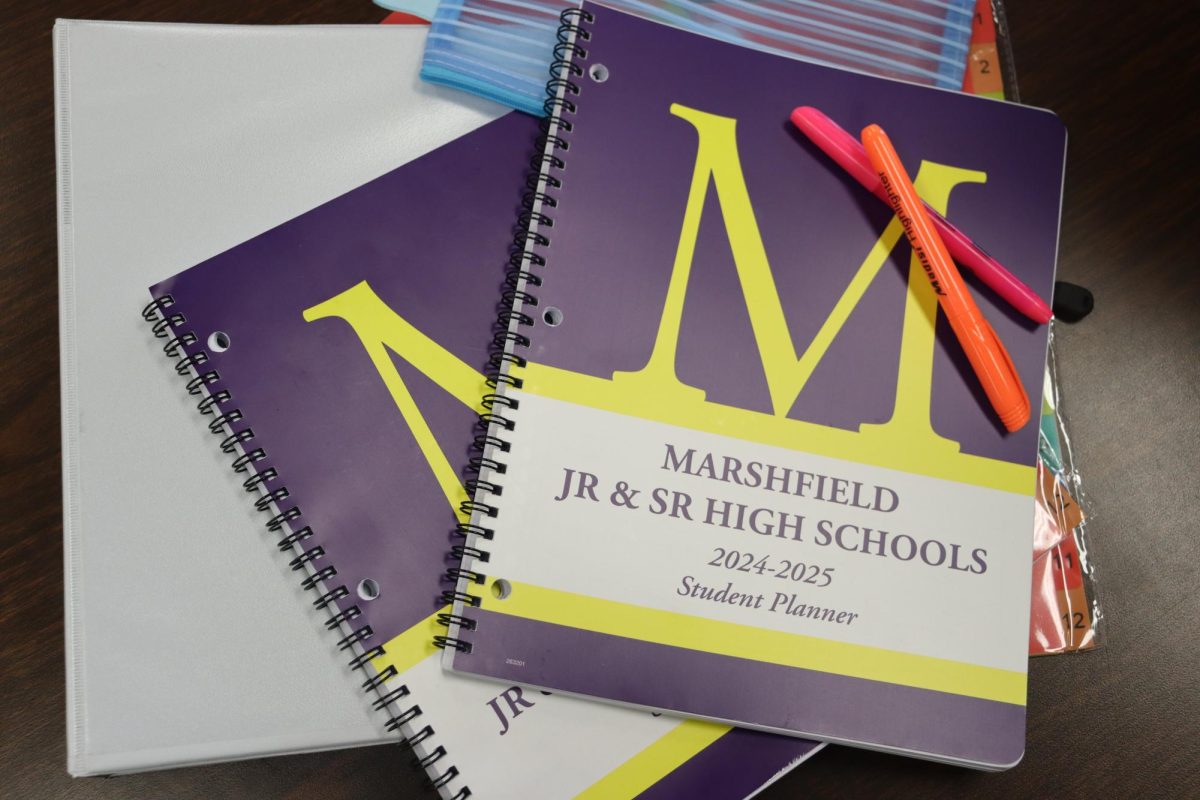The impacts of social media are far-reaching. In general, people have become more reliant on answers from the Internet instead of accredited sources. Instead of turning to an encyclopedia or peer reviewed article, many questions are Googled or researched using tools such as YouTube. But there are many dangers lurking behind the vibrant screens people trust with all the answers: misinformation. Many sources online are factually inaccurate; it can be difficult to know what websites to believe when searching for a helpful response.
“I look up videos a lot for help when I’m breaking out or if I’m sick, instead of going to the doctors,” said freshman Hallie Chambers.
The Internet can also be inaccurate in other ways, as well. Oftentimes you’ll see content creators promoting products or encouraging people to do certain things that aren’t always entirely what the creator is making it seem like it is. This could be problematic to the viewers that look up to the influencer that convinced them because they might compare themselves.
Comparison can be dangerous to a person’s mental health, especially when an influencer is what’s being compared. Content creators have the power to control what is shown to their viewers. They can use technology to edit themselves to look a specific way. Most of them usually also have the kind of money to get cosmetic surgeries to get a certain look. Some influencers will lie and say that their look is all natural, when in fact they look a certain way with a lot of help from cosmetics or procedures. If a viewer believes the look is achievable without costly measures, they may believe they aren’t good enough, or fall short of common expectations. In reality, the examples set forth by influencers, and in the U.S. media, are unrealistic.
The Internet tends to add to this negative perception of body image. While some influencers encourage body positivity and eating healthily, others promote unreal body standards. This type of negative content can cause bad eating behaviors in adolescents.
“People could be influenced to take steroids, or be introduced to alcohol abuse, or gambling,” freshman Nicoya Pruess said.
Influencers get compensation from views and followers, which causes them to post controversial and attention-grabbing videos to get people to watch their content. Making content specifically for targeted advertisements has caused a gray area for truthfulness of content. Content creators often will make their videos seem very extreme and shocking to confuse their viewers, engage them, and leave them wanting more.
An example of this type of content is a recent video by American Internet personality Nicholas Perry, more commonly known as Nikocado Avocado. He is known for posting mukbangs, which is a specific food genre that began in South Korea. When first released, this video completely shocked the internet, and it very quickly started trending. It starts off with him in a mask, and when he takes it off he shows a brand new look–Perry has lost an extreme 250 pounds since his last posting seven months prior. He says that he lost weight over the course of two years, but that would mean that the videos were pre-recorded. There has been much speculation on how he lost weight so rapidly, if he truly did focus on healthy eating and lifestyle over time, or if he’s been portraying his lifestyle falsely. People have made many theories and opinions about this subject and it has become very controversial.
“I believe it was fake because of the quality of the video,” said freshman Paige Johnson. “It looks like AI. This all could have been pre-recorded and he had just recently posted a video saying it was all fake which could be true, but it could also be a prerecorded video trying to trick us. What I believe is he used AI to show videos of him skinny and used the pre-recorded videos to show his weight loss.”
Weight loss journeys aside, this current trend to turn to the Internet for all the answers needs to be approached with caution. Students need to remember that influencers are just human beings, and that their purpose for staying relevant is to get the most likes and views–because, in the end, it’s all about the Benjamins.
Categories:
The gray areas of social media influencers
0
Tags:
Donate to The Marshfield Times
Your donation will support the student journalists of Marshfield High School. Your contribution will allow us to purchase equipment and cover our annual website hosting costs.
More to Discover
About the Contributor

Isle Collatt, Website Team
Sophomore Isle Collatt is a second year member of the Marshfield Times. When she’s not writing, she’s spending time with her mother and sister. She has a love for traveling and spends a third of her summers in the Philippines. She uses makeup and nail art as a form of self expression and does fun looks and sets when she can. Her favorite place to be is near the ocean and loves to take walks on the beach.





















